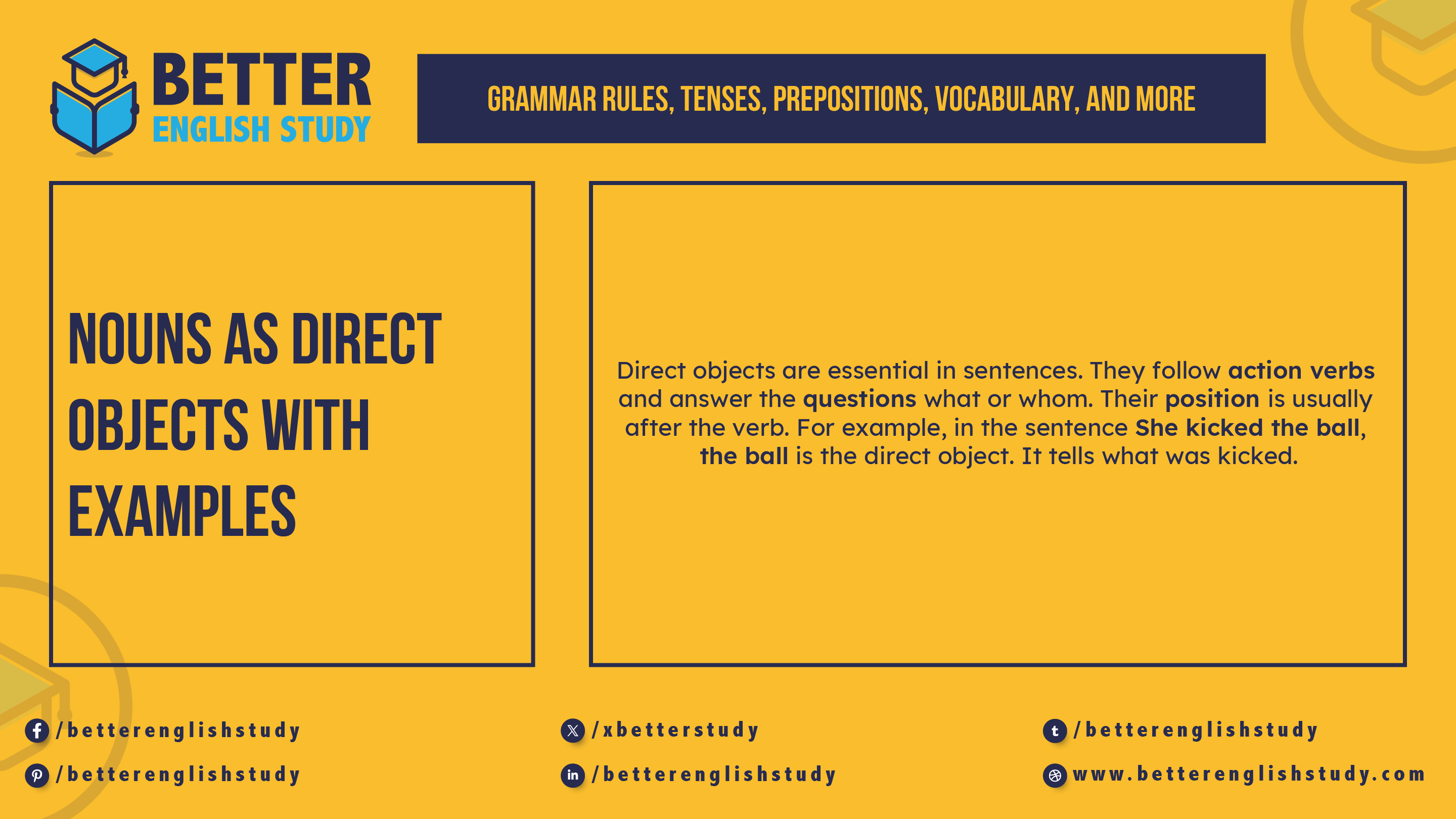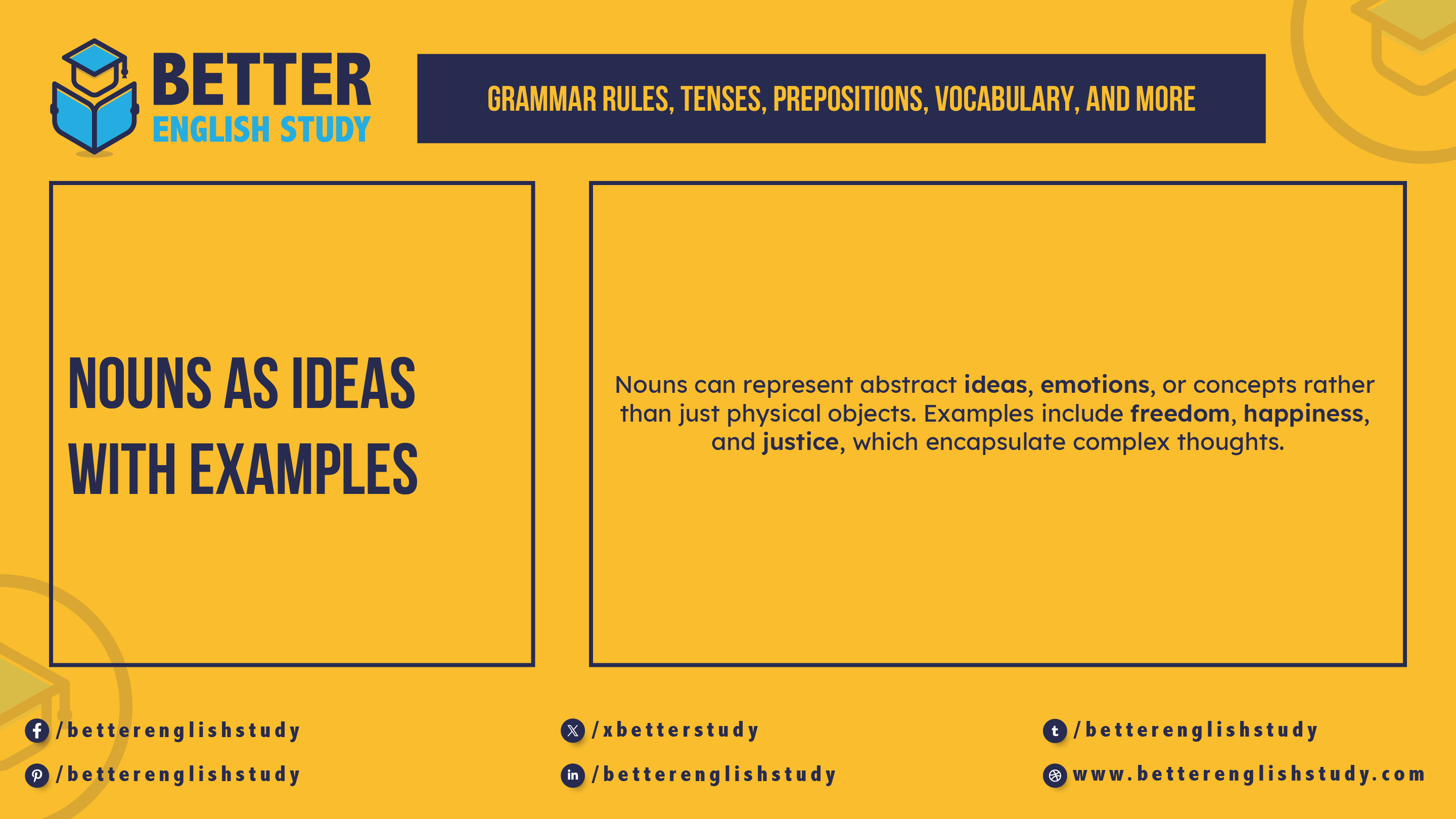List of Nouns Starting With O with examples
Here’s a list of nouns starting with “O”: octopus, ocean, orange, owl, and opportunity. Each noun is illustrated with example sentences for clarity. Nouns are the building blocks of language, representing people, places, things, and ideas. Understanding nouns that begin with specific letters can enhance vocabulary and improve communication skills. The letter “O” offers a …


